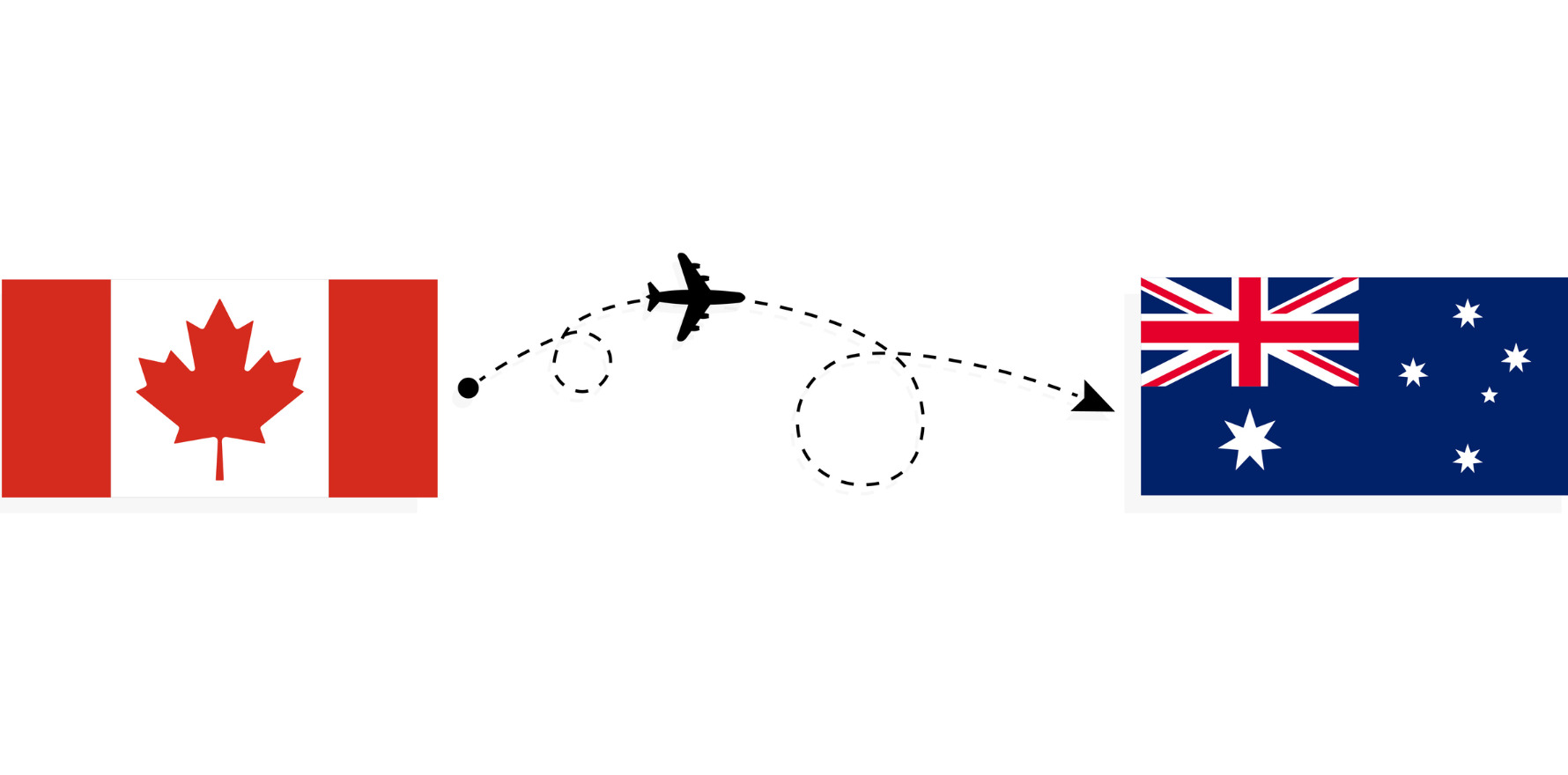Children’s hospitalisations are surging alarmingly across Canada, but experts say we’re unlikely to be overwhelmed the same way.
Canada’s storm of respiratory disease and overwhelmed paediatric hospitals probably won’t be replicated in Australia in the near future, but it’s certainly not impossible, experts say.
Canada has seen a surge in children’s respiratory disease hospitalisations in recent weeks amid a nationwide shortage of children’s fever medications.
RSV is at unexpectedly high levels and is only just beginning to stabilise, and an influenza epidemic has been declared. Children’s hospitals are overwhelmed and there are renewed calls for the return of mask wearing to alleviate pressure on the health system.
Timing has meant the conditions are not the same here, says Dr Nusrat Homaira, a respiratory epidemiologist based at Sydney Children’s Hospital.
Australia had an unseasonal spike in RSV numbers in 2021, delayed from the winter of 2020, and has already experienced its first winter immediately following the easing of covid restrictions.
“Last winter [2022] was really bad for us,” Dr Homaira told Allergy & Respiratory Republic.
“We had a huge peak of hospital presentation in June and July this year, mainly due to respiratory syncytial virus or RSV, and influenza. We also had a lot of empyema, which is a complication of pneumonia. And this was all preceded by viral respiratory infection. It was an unusual year for us.”
At the time, Australia’s health system was stretched “more or less” in the same way as Canada’s, she said.
Dr Homaira expects the peaks of respiratory hospital presentations will become more predictable and return to something like pre-covid patterns in the next year or two.
Long-acting prophylactic antibodies for RSV are expected to become available in the next couple of years and there are several therapeutics on the horizon “so it’s looking good,” she says.
The flu strain currently raging through North America would hit us next winter and an outbreak was possible, she warned.
“But we have good interventions in hand,” she said.
“We have a vaccine that’s available and that’s free, and we have antivirals that work.”
Canada, like Australia, has universal health, although the medical funding provided here federally is the responsibility of the provinces (equivalent to our states) there.
Respiratory diseases expert Professor Brian Oliver is not so sure that our system would necessarily hold up any better under similar clinical circumstances.
In metropolitan areas there was more capacity in the Australian system due to greater numbers of private hospitals, the Woolcock Institute and UTS Distinguished Professor told ARR.
“But once you go rural, the healthcare system in Australia falls over all the time,” he said.
Stopping elective surgeries during the covid pandemic meant private hospitals had a lot of capacity, said Professor Oliver, although resources, like respirators, were scant.
“My observation has been that every winter in Australia, the respiratory departments of every hospital are full,” he said.
“When everything’s predictable, our system is okay. All you have to do is go back to what happened in covid. If we had another wave like that combined with the normal respiratory problems, then we would be overloaded.”
But he said the Canadian scenario was unlikely to happen because children don’t tend to have very severe covid illness.
“Part of the issue in Canada was basically they ran out of stocks of paracetamol,” said Professor Oliver.
“And if that’s your major mechanism to control fever, of course people will then go into hospital. And that’s why the whole thing went totally out of control.”
The TGA told ARR that it’s been keeping an eye on the Canadian situation.
“In times of higher levels of cold and flu, COVID-19 and other respiratory illness, such as during the winter season, it is common to see increased demand for children’s OTC analgesic medicines,” a spokesperson said.
“In response to the shortages in Canada, the TGA has been monitoring the supply of children’s OTC pain relief products in Australia. While some specific varieties of children’s pain relief products may be in short supply, there is overall national coverage with adequate alternatives to meet demand. The TGA will continue to monitor the supply of children’s OTC pain relief products and will instigate management actions, if required.”
But rumours that Australia has been sending supplies to Canada were untrue, the TGA said.
“The TGA has shared information about over-the-counter (OTC) analgesic medicines available in Australia at the request of Health Canada (Canada’s medicine regulatory body),” the spokesperson said.
“However, the TGA has not been involved in the provision of Australian OTC medicines to Canada.”
While the outlook in Australia is positive, Dr Homaira said we should not forget the respiratory hygiene lessons from covid and proactive measures should be taken.
“You can only prepare yourself and look to other countries,” she said.
“We will get years when we see excess hospital presentations due to respiratory viruses. There will be years when it’s going to be really bad. We need to advocate for the things that we know work and that can mitigate the risk.”


